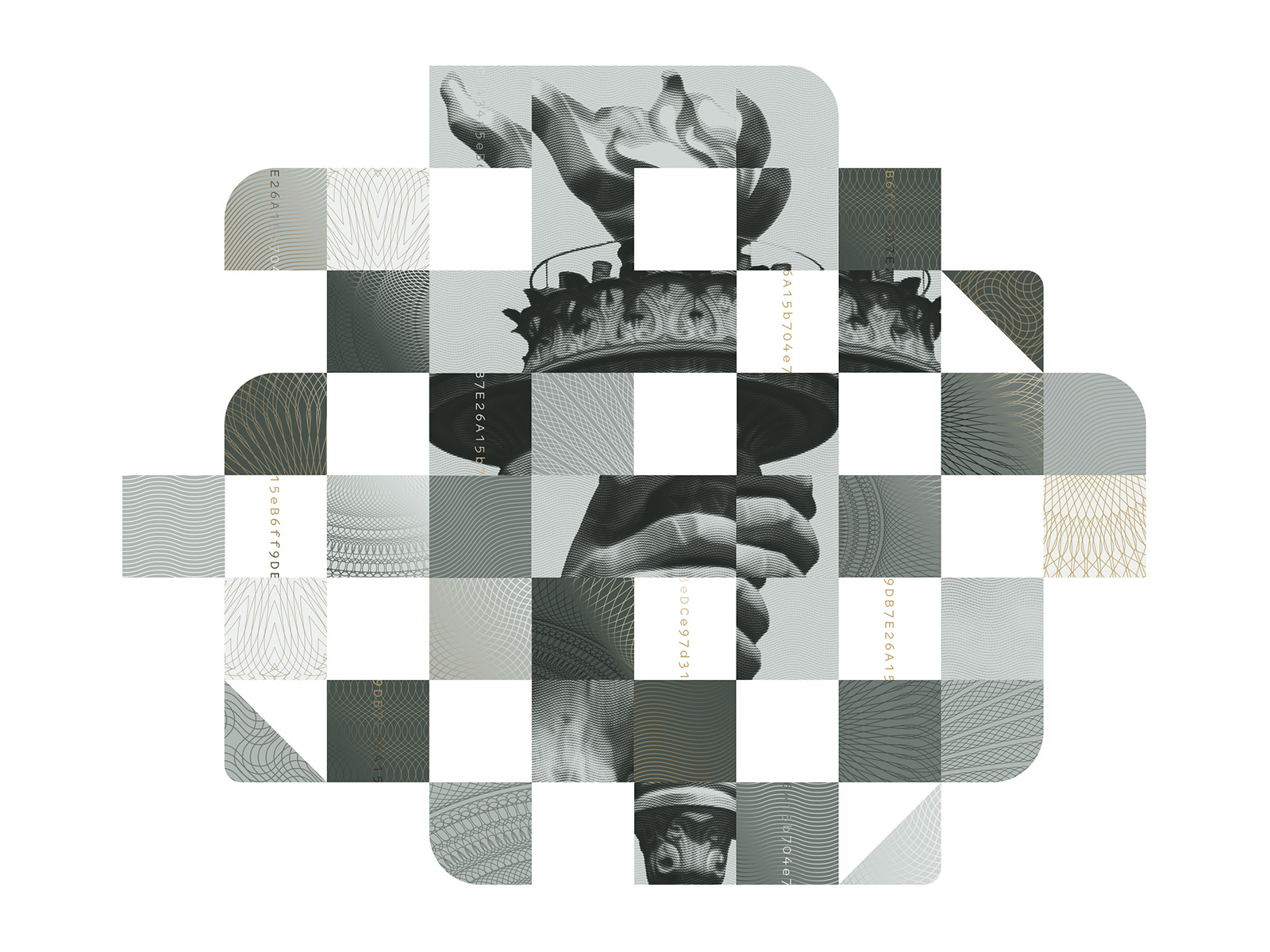Luxury Market Under Pressure: LVMH and Associates Disappoint Investors
- Declining Demand from China Affects Luxury Brands.
- Investors doubt the unlimited pricing power of strong brands.
Eulerpool News·
After weaker-than-expected sales figures from LVMH, global luxury stocks have suffered a significant downturn today. This has heightened investors' concerns about a potential weakening of the sector, particularly in light of declining demand from China. LVMH, known for brands such as Louis Vuitton, Dior, and Tiffany, is considered an important barometer of the luxury market due to its broad product range, spanning watches and bags to travel accessories. The disappointing second-quarter sales report, which recorded a 14 percent decline in Asia, also dragged down the stock prices of Hermès, Brunello Cucinelli, Prada, Kering, and Richemont, the owner of Cartier.
Kering, which includes Gucci and Saint Laurent, also reported bleak prospects, forecasting a 30 percent drop in operating profit for the second half of the year. The Chinese luxury market, the second-largest in the world, had doubled between 2019 and 2021 as travel restrictions forced consumers to make their purchases domestically. However, new lockdowns in cities like Shanghai, Beijing, and Guangzhou put an abrupt end to the recovery in 2022. The subsequent lifting of these measures was overshadowed by slowing economic growth, a real estate crisis, rising youth unemployment, and low consumer confidence.
Many luxury brands are now offering discounts of up to 50 percent to win back Chinese consumers. Authorities are also considering incentives such as establishing the world's largest duty-free zone in tropical Hainan to encourage domestic shopping.
LVMH is just the latest example of alarm bells ringing in the luxury sector. In the past week, Burberry and Hugo Boss had already issued profit warnings, with Burberry also replacing its CEO. While some companies, like Hermès, which caters to a wealthy clientele, performed better, the sector as a whole is in a turbulent phase.
Additionally, there are investigations against fashion brands like Armani and Dior for unfair business practices and alleged exploitation of workers in their Italian supply chains. Nonetheless, there are also bright spots. Buyers of high-end jewelry have proven relatively resilient, and European retail remains robust. Significant investments are being made into the luxury market on the Champs-Élysées in Paris.
Overall, it appears the phenomenon of "revenge spending" post-pandemic is over. Investors must acknowledge that strong brands cannot indefinitely raise prices. As one fund manager aptly summarized, "The lesson for investors is that we cannot blindly assume that strong brands have unlimited pricing power. 
Modern Financial Markets Data

Eulerpool Data & Analytics
Modern Financial Markets Data
Better · Faster · Cheaper
The highest-quality data scrubbed, verified and continually updated.
- 10m securities worldwide: equities, ETFs, bonds
- 100 % realtime data: 100k+ updates/day
- Full 50-year history and 10-year estimates
- World's leading ESG data w/ 50 billion stats
- Europe's #1 news agency w/ 10.000+ sources
- Eulerpool is on average 68 % cheaper and 18x faster than equivalent financial data from FactSet, Bloomberg, Morningstar and LSEG.

